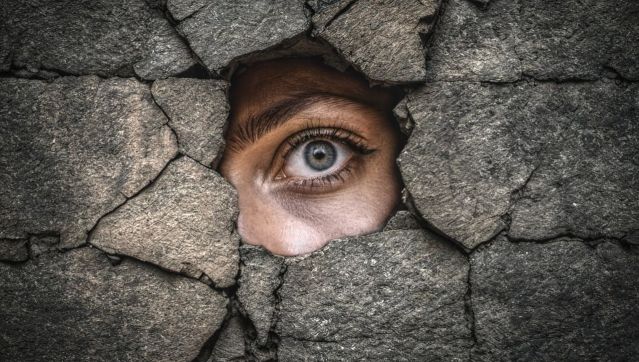Sleep
3 Ways War Affects Sleep Long Term
War ends, but the effects on sleep can linger for life.
Posted September 1, 2024 Reviewed by Kaja Perina
Key points
- War has a negative and lasting impact on sleep.
- Sleep deprivation, trauma, environmental factors, and social factors can contribute to chronic suffering.
- Veterans, refugees, and even children born after a war experience disrupted sleep for years.
The right to live in peace is enshrined in the United Nations' 2016 Declaration on the Right to Peace. War and conflict affect people's lives in thousands of different ways, one of which is how we sleep. Even when war ends, the effects of that experience linger on in struggles to feel rested.
Here are three examples of how war creates chronic sleep difficulties for soldiers, victims of violence, and even the next generation of children.

1. Children Conceived After the War
Parents' war-related stress can lead to children's ongoing sleep challenges, even when those children are conceived after the war has stopped. In one study, children's sleep patterns were reported by the mothers and by the children themselves at various ages up to age 10.
These children were born in an Israeli hospital to some mothers who witnessed bombings directly and to some mothers who were not directly exposed. This war experience happened shortly before the child was conceived. The children in the study were conceived two to twelve months later.
For mothers who experienced high emotional distress during war in the months before conception, daughters' sleep was significantly affected up to age 10 (when the study ended). While boys showed no sleep disruption correlating with their mother's war distress, girls had disturbances in the areas of "night wakings, parasomnias, sleep-disordered breathing, sleep anxiety, and bedtime resistance." (The study does not mention nonbinary children.)
2. Refugees and New Social Conditions
When refugees struggle to get good sleep in their new country, the trauma of the war at home isn't the only reason. Around 6.5 million Ukrainians fled fled their country in the face of a Russian invasion. Researchers found that in some cases these refugees' subsequent sleep disruptions related to changes in diet and social rhythms (such as the timing of work).
While PTSD and other mental health struggles contribute to unsatisfying sleep, other factors can matter at least as much. Many Sudanese men who fled their country and found sanctuary in Australia suffered from insomnia, restless legs, daytime sleepiness and fatigue.Sudanese women refugees did not seem to have the same high levels of difficulties with sleep.
The men's sleep issues may not only relate to the trauma of war in their homeland, but also to low income and lack of employment opportunities in their new country.
3. Veterans and Chronic Fatigue
Soldiers rarely get enough sleep. In some cases, this sleep deprivation becomes chronic even after they've left the military. Nearly 1 in 3 US veterans who were deployed in the 1990-91 Gulf War returned with a complex condition known as Gulf War Illness.
Many people who fought in later wars, such as the American war in Iraq and Afghanistan, returned with similar symptoms, although there are some differences. The main symptoms are chronic fatigue and pain, as well as low mood and poor memory.
A study in California found that Gulf War veterans with poor sleep had a smaller brainstem than the control group. We still don't know the exact causes of Gulf War Illness, but some theories suggest it could be related to environmental conditions like dust exposure, burning oil wells, chemical weapons, and more, as well as psychological distress and PTSD.
Whatever the cause, these veterans continue to suffer from the effects of their war experience, decades later.


